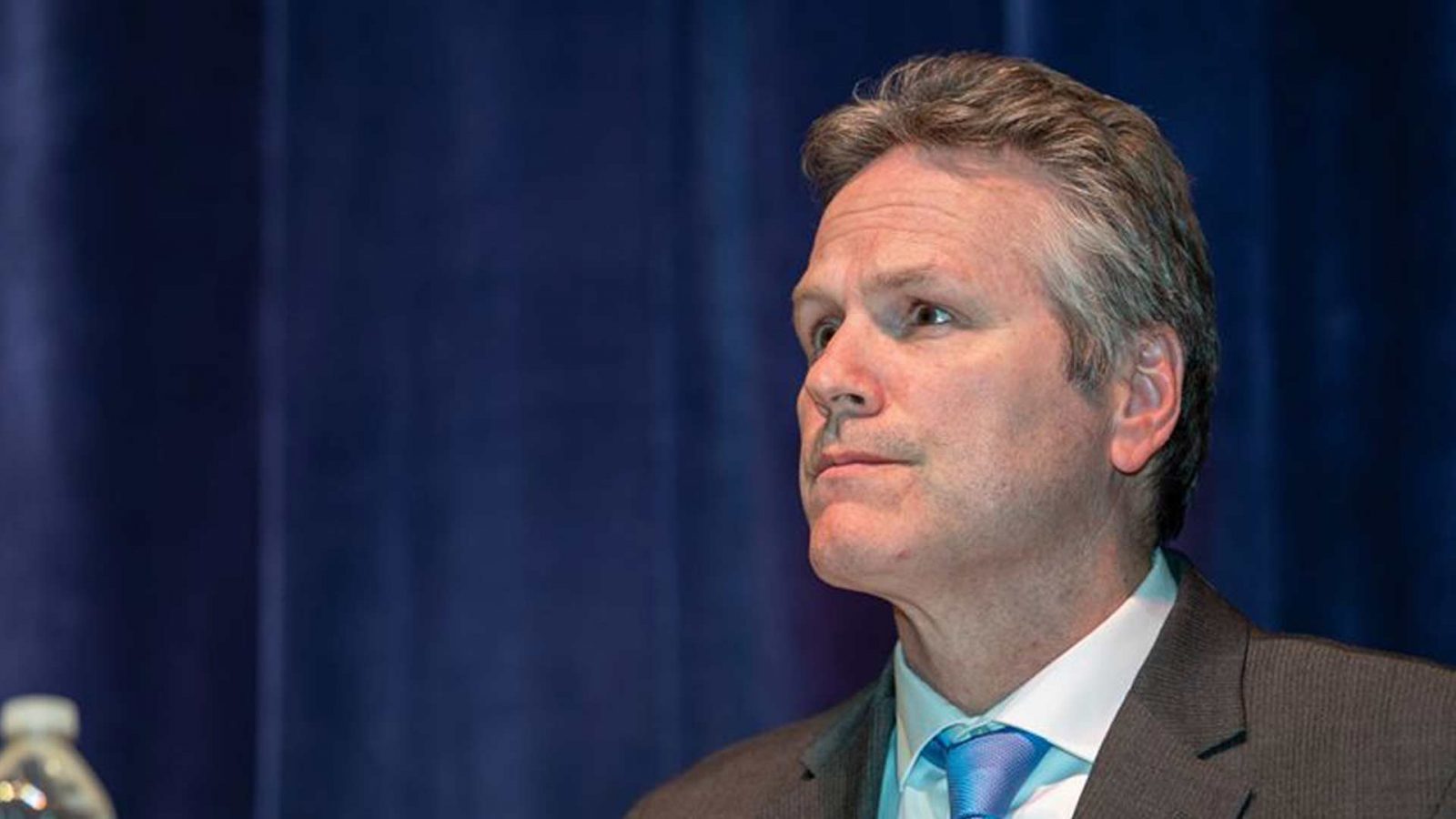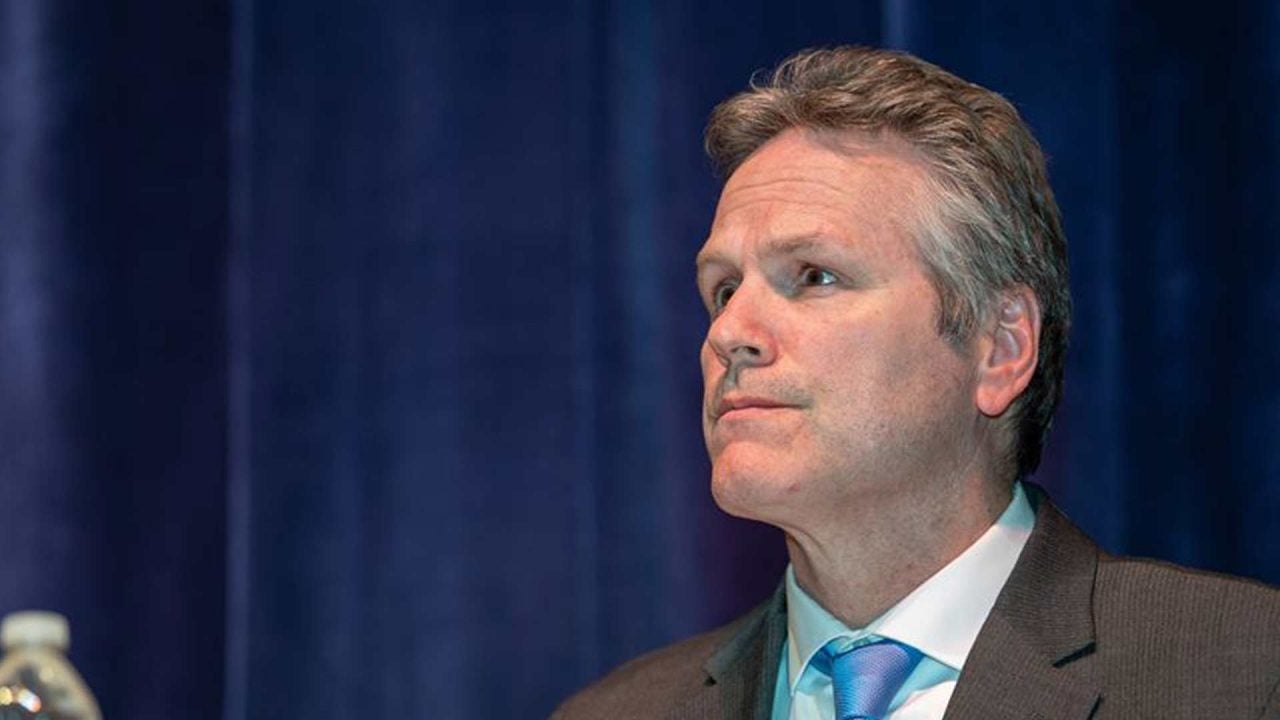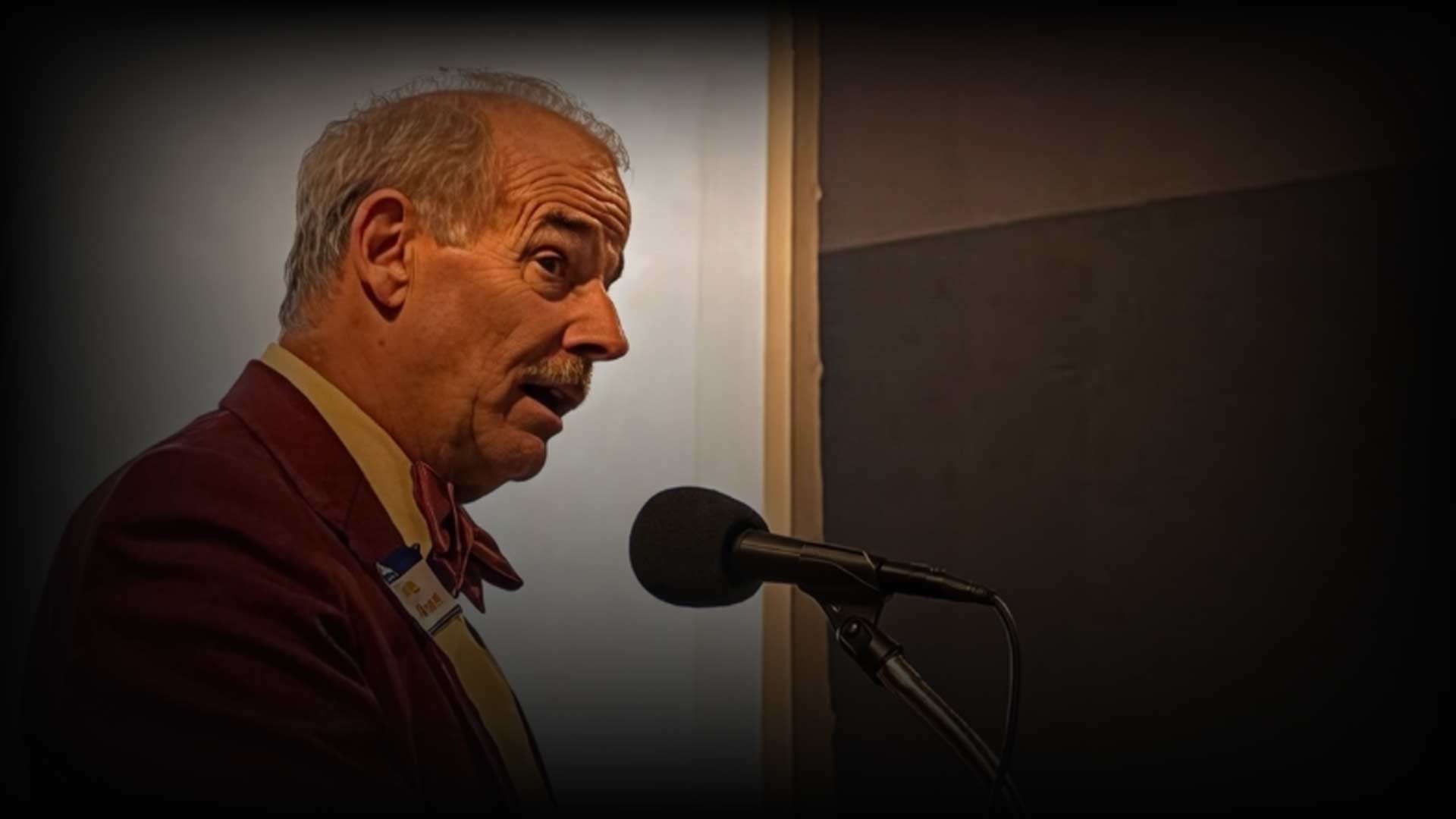
One day after including elective surgical abortions as part of a statewide ban on non-essential medical procedures in Alaska, Gov. Mike Dunleavy spent a large portion of his April 8 press conference explaining why abortion clinics were not exempted from the mandate.
The goal in halting elective surgeries, including abortion, stems from a need to stockpile personal protective equipment (PPE) for first-line doctors and nurses who are treating COVID-19 patients, the governor explained.
“We’re all in this together. We all need to contribute,” Dunleavy said.
“There was a question that came up, “Are we being political, because we’ve included some of these groups such as the dentists and Planned Parenthood?” the governor said. “The answer is no; we are not being political. We’re trying to assess all of the PPE that we have and we’re asking all of our medical professionals that have clinics if they can hold off on elective surgeries, elective work, so we can hang onto this PPE.”
He reiterated the difficulty in securing the needed equipment due to global demand and competition.
“We’re trying to save PPE and be as fair as we possibly can,” he said. “In other words, we’re not going to single out the orthopedic clinic or the dental clinic or these other clinics. We’re all in this together. We all need to contribute. We all need to do our best right now to move elective surgeries off to the future.”
ALASKA WATCHMAN DIRECT TO YOUR INBOX
The state’s Chief Medical Officer Anne Zink was also questioned about whether her recommendation to include elective abortions in the ban was politically motivated. Earlier in the day she received letters from two Democratic state senators, Tom Begich, of Anchorage, and Jesse Kiehl of Juneau, both criticizing her for putting politics ahead of medicine. Jessica Cler, Planned Parenthood’s Alaska director, issued a statement along those same lines.
“My 100% mission and focus is the health and well being of all Alaskans,” Zink responded. “And honestly that is a really hard job in the setting of a world pandemic with a lack of supplies.”
Zink said she tries to stay out of the political aspects surrounding the disease, while working with her team to make the best recommendations.
“The decisions right now are broad, and they are hard,” she said. “When I’m giving my recommendations to the public it’s the same recommendations I give to the governor and others. It is to be consistent about those things.”
Dunleavy defended the chief medical officer’s work.
“I have nothing but the greatest praise for Dr. Zink,” Dunleavy added, “and I think most Alaskans do as well.”
“The issues involving politics have never come up in conversations with the doctor. She is totally focused on what is best for Alaska,” he said. “Quite frankly, I don’t even know what her politics are. I just know that her focus is on the health of Alaskans.”
“I have nothing but the greatest praise for Dr. Zink,” he added, “and I think most Alaskans do as well.”
Alaska is one of more than a dozen states to issue orders halting or restricting abortions in order to preserve medical equipment. Planned Parenthood’s response has been to file lawsuits, claiming abortions are critical and essential health care and cannot be delayed for any reason.
The U.S. Supreme Court is expected to provide clarification this week on states’ rights to limit or ban abortions during this health crisis.






